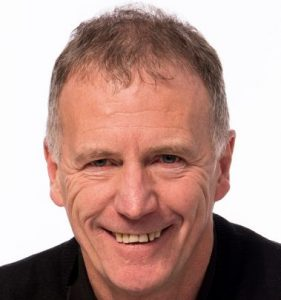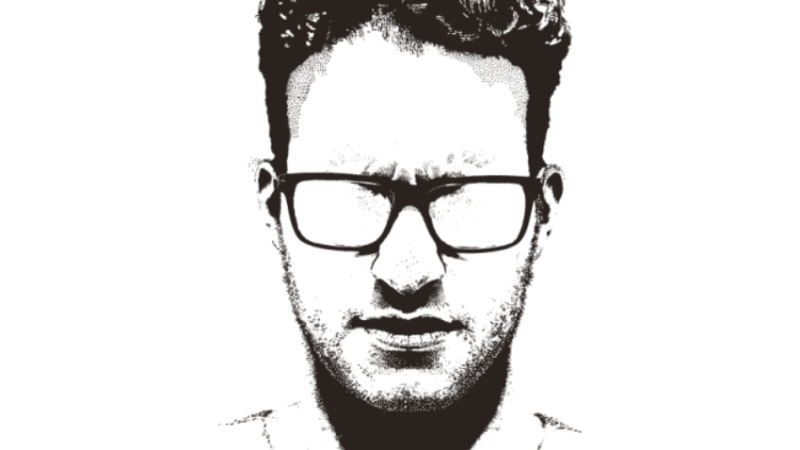Why Can’t Every Young Person go to University?

People laughed at Tony Blair's target of 50% for uptake of higher education – but could it be that in fact, his vision didn't go far enough?

- by Dennis Hayes

Why can’t everyone go to university? Put aside arguments about fees and selection criteria for the moment. On the 19 September 1999, at the Labour Party Conference, Tony Blair set a target of having 50 percent of young people in higher education. It seemed absurd. It was a cover-up for the lack of jobs. It meant dumbing down universities or creating new institutions that would be ‘universities’ in name only.
Yet last month it was announced that Tony Blair’s target had been reached. But was that target too low? If it is now possible for 50 percent of young people to go to university; why all young people? Why not set a 100 percent target?
The answer to that question will reveal a lot about what we think about the potential of young people. The great Trinidadian writer and socialist CLR James wrote an important defence of ordinary people’s abilities entitled ‘Every Cook Can Govern’. If every cook can govern, why can’t every young person be a graduate?
If James could have a revolutionary faith in ordinary people’s ability to be politicians why can’t we have a revolutionary faith in the academic potential of young people?
The objections that young people have different abilities or inclinations are pretty thin if you exclude the very small percentage of student with special educational needs. If you are rich you can send your children to good schools and they will often get into the top universities.
But the children of the rich are not more able than the children of poorer parents. What then makes the difference?
It is the content of the curriculum in the schools they pay for. Many public schools are committed to knowledge-based education and they may soon be the last refuge of some subjects such as modern foreign languages, classics and ancient languages.
Good state schools such as those who link up in the ‘Knowledge Schools Hubs’ and some free schools all have a similar commitment to knowledge.
For the rest the tendency is to increasingly offer a curriculum based on what Kathryn Ecclestone and I have called ‘therapeutic education’. A myriad concerns with self-esteem, self-resilience, happiness and mental health now swamp the curriculum.
This is paralleled by a concern with ‘employability’, which is often a therapeutic façade rather than any real engagement with the workplace.
Just consider how much time is spent in building up ‘confidence’ in such initiatives. Offering therapy is the current form of the denial of an intellectual life to children.
If all children were offered a knowledge-based education, young people would be coming to university as passionate seekers after knowledge. They would love their chosen discipline.
They would have no time for the instrumental approaches that universities adopt to suck them into therapeutic universities with the false lure, for many, of better pay and prospects.
In the therapeutic university students are encouraged to be narcissists. To be more concerned with their emotions than learning the knowledge of all the ages.
At a sixth-form debate a few years ago I heard a smart but sarcastic young man laugh at the fact that his postman had a degree in sociology.
That blunt contempt of a teenager for a worker may be shocking, but it is reflected in the way many teachers, educationalists and policy makers think about young people.
Why not every postman a sociologist, every plumber a classicist, every hairdresser a physicist?
Some universities pride themselves on being different and catering for different students. That is simply a lie. All students are the same; they just need to be taught.
My revolutionary proposal would be for all young people to be graduates in a subject they were passionate about. It would be a fundamental change.
It is impractical and expensive, but that is a minor matter. The state could fund this project if politicians and policy makers had a view of young people that was less divisive and full of assumptions about ordinary people.
That would mean a knowledge-based education for all and the rejection of the therapeutic university in favour of the traditional view of the university as the place for the pursuit of knowledge without fear, favour or therapy.
If that were done then every young person should and would willingly go you university for the prospect of three years immersed in knowledge.
At present they only get such an education based on chance. The chance that they went to a knowledge-based school and the chance that they ended up on a knowledge-based degree course.
It is time to adopt my version of that slogan of CLR James “Every young person a graduate”.
Dennis Hayes will be speaking at the debate What’s the point of going to university? at the Battle of Ideas festival in London on Sunday 3 November. Buy tickets – including the special offer of one day free for school pupils and heavy discounts for university students – here.











